Ryan Honeyman and Tiffany Jana detail the process of becoming a US Certified B Corp, the benefits and obligations of that status – based on corporate social responsibility – and the values and goals of the B Corp movement. They identify policies and practices in five areas – worker, community, environment, customer impact and company governance – that confer B Corp “certification” points. This handbook provides practical guidance, commentary from B Corp leaders, and specific ideas on how to increase your company’s “diversity, equity and inclusion.”
Any for-profit US business can achieve B Corp certification, which denotes significant efforts in corporate social responsibility.
Although the “B” in B Corp stands for “benefit,” under US law, B Corps and benefit corporations are not identical. Any for-profit business entity can earn B Corp status, regardless of its legal structure or location. B Corps go through a rigorous process of evaluation to determine whether they are exercising corporate social responsibility and acting as a force for good. Becoming a benefit corporation enables a company to ensure its governance will continue to serve a broader range of stakeholders beyond its shareholders alone.
B Corps must show their dedication to serving humanity by improving the environmental and social well-being of all stakeholders. B Corp businesses can be sole proprietorships, LLCs or partnerships; nonprofits are not eligible. Corporations that want to achieve B Corp certification in jurisdictions that offer benefit corporation status must reincorporate as benefit corporations to retain their B Corp status beyond initial certification. A company legally structured...
Ryan Honeyman is a partner/worker-owner at LIFT Economy. He assists companies in becoming B-Corps and making the most of their certification. Dr. Tiffany Jana is founder and CEO of TMI Portfolio, which advances social responsibility, diversity, inclusion and equity in business.









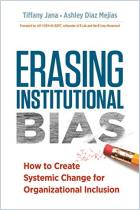
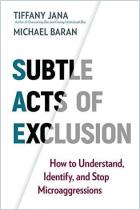

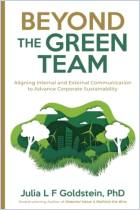
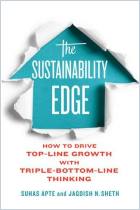
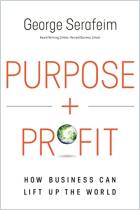
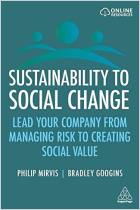
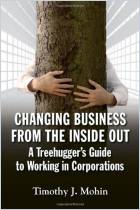





Comment on this summary or Iniciar a Discussão